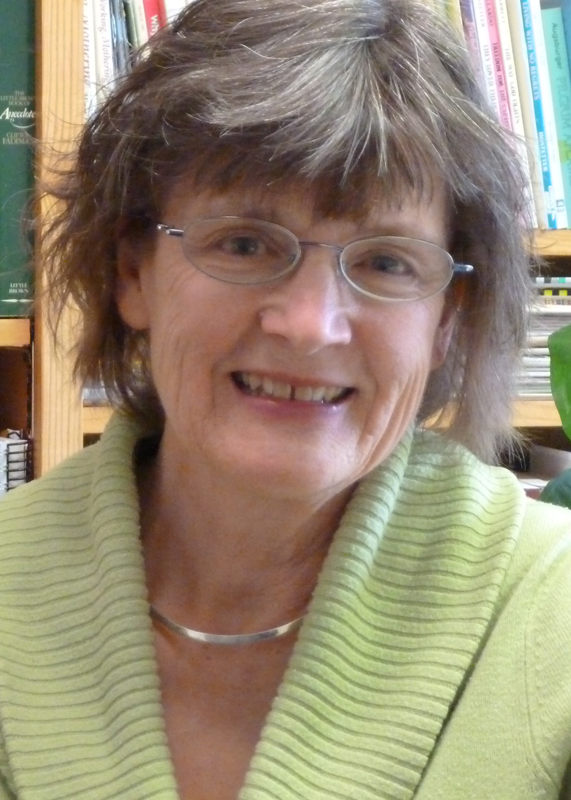
As the Tables Turn, Again
 I realized the tables were again turning as I asked a daughter who was home for the weekend, “Have you girls started having conversations about things you worry about as your father and I get older?”
I realized the tables were again turning as I asked a daughter who was home for the weekend, “Have you girls started having conversations about things you worry about as your father and I get older?”
That’s when it helps to remember that none of us—neither parent, grandparent, child, sibling—are perfect. We all have blind spots.
I remember the time when I had gone to my parents’ home for a few days and recognized the challenges the passage of time was presenting in my parents’ lives. A man who had been renting their basement apartment had given them cause for concern—and now they were a little frightened for their own safety. I recall how, as Dad checked to make sure all doors and windows were locked before retiring for the night, he said to me softly, “I’m glad you’re here.”
Me? A daughter? Making him feel safer? Yes, probably just because I was another adult in the house; I heard the tables in my mind whirring.
When I questioned my daughter if there were things about us that concerned them, she answered no, except for maybe talking amongst themselves about how loudly our TV blares at times when they are home. Guilty. Increasing deafness: check.
I will also have to admit to feeling just a little chastised when I do something wrong for one of the grandsons, or shower my sons-in-law with a type of cookie they don’t much care for, or cold cookies (which were enjoyed by our girls because of an elderly aunt who always fetched cookies out of a freezer when we visited). But these aren’t serious matters.
Do you get the feel of a bit of family rub here? Without, I hope, being too revealing or too unkind. As families grow larger, our experiences, life perspectives, and opinions on things also grow more conflicted; especially in an election season, discussions can get, er, heated. And painful.
When we become grandparents, there is something about our offspring as parents that puts the younger generation in a different role: they are parents now, too, and ultimately in charge of the schedule, needs, and foods to feed or withhold from their little ones. And sometimes that creates sore points for grandparents. There is something about becoming a mother or father, for most of us, that makes us (thank goodness) really grow up. And very protective of our little cubs.
Add in the perils of illness, addictions, divorces, too early babies, step-children—and family relationships can slide from one rock to another.
That’s when it helps to remember that none of us—neither parent, grandparent, child, sibling—are perfect. We all have blind spots or sometimes plain old laziness in terms of enforcing someone else’s rules or expectations. I remember sometimes when I was out with our daughters and they were misbehaving—climbing on the bars between checkout counters, for example, and I tried to pretend I didn’t see them in order to avoid a scene in public. That kind of lackadaisical parenting is good for no one. But call me guilty? Yes. Today maybe they’d call it free-range parenting.
And now that my little ones have little ones of their own—and we as parents aren’t getting any younger—I am even more aware of the tables turning.
Just as I tried to extend grace when feathers got ruffled or boxers got twisted, I hope others offer grace to me for my many foibles.
There’s one bright note ahead: once you reach the age of great-grandparenting, there’s plenty of grace to go around as great-grandparents truly sit back and just reap the joy.
For a free booklet, “Forgiving Your Parents for Not Being Perfect,” email MelodieD@MennoMedia.org for either copy. Or write to Another Way, 1251 Virginia Ave., Harrisonburg, VA 22802.




